The rate of confirmed Covid cases in the UK is now one of the highest in the world. According to the Huffington Post cases among older people are seven times higher than in neighbouring European nations. Hospital admissions are six times higher and the death rate three times higher. The John Hopkins data sets this grim reality in a bar graph. Clinical experts in the UK say this is a risk, but the government doesn’t agree. Who is right?
If the prime minister doesn’t recognise a risk then does it simply cease to exist? In the eyes of most people a risk ceases to exist only when any potential danger has manifestly been extinguished, not when an individual in authority claims it has. People make their own judgement about risk as they do when mask wearing is voluntary. The government of Morocco has decided that travellers from the UK represent an unacceptable health risk and other countries may follow their lead. Not everyone is blind to risk.
In the corporate world does a risk disappear simply because the CEO refuses to have it on the risk register? This raises the question whether seniority confers wisdom with respect to acknowledging risk, authority yes, but wisdom? Risk is an estimated future outcome that may be beneficial or it may be detrimental, but it is only an opinion which will not be shared by everyone. Risk perception is a subjective sensitivity that requires more instinct than skill. Political expediency complicates this further: if you have already decided policy in advance, then you select the facts to support it.
However, there is no denying that the UK is once again living up to the title of ‘Sick man of Europe’ or ‘Plague Island’ with an infection rate four times higher than Germany, nine times higher than France, and 25 times higher than Spain. It is not a matter of restricting freedom at home, but it will soon impact our freedom to travel abroad. Risk denial is an understandable human response to unpleasant evidence, but leaders must sometimes see risk blindness for what it is and react.

